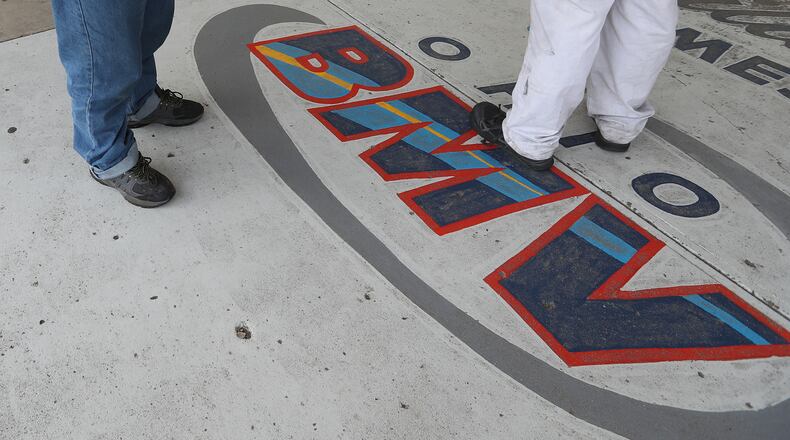Every time someone drives with a suspended license, they break Ohio law. Taking that risk can cause increased interactions with law enforcement. This leads to additional convictions and court fines and higher reinstatement fees accessed by the Ohio Bureau of Motor Vehicles (BMV). These fees progressively increase after each occurrence. In addition, residents can find it difficult to afford the high-risk insurance that becomes required when caught driving without a valid license. According to the Insurance Information Institute, in 2022, Ohio has the 10th highest percentage of uninsured motorists in America. Many are caught in a cycle of repeated fines and fees, resulting in thousands of dollars in reinstatement fees and progressively longer license suspensions.
One thing is clear, the Ohio General Assembly should do more to ensure Ohioans have an achievable path to obtaining a valid license that is common sense. The solution must serve as both a deterrent to violating the law and the ability to remedy the continued violation without staying in the license suspension cycle.
The Dayton Municipal Court - whose jurisdiction is the City of Dayton - has seen 605 citations so far in 2024. In 2023, there were 1,287 and 1,753 in 2022. The Kettering Municipal Court - whose jurisdiction includes Centerville, Kettering, Moraine and Washington Twp. - has seen 882 citations so far in 2024. In 2023, there were 1,741 and 2,233 in 2022. For both Dayton and Kettering courts, some are multiple violations of the same individual. These numbers will undoubtedly increase with the other local municipal courts in the Miami Valley region.
One step toward addressing this issue is Ohio Senate Bill 37. The bill introduced in the Ohio legislature would limit the state’s ability to suspend driver’s licenses for non-driving offenses. The senate passed the bill unanimously and is now being considered by the Ohio House of Representatives. The bill, sponsored by Rep. Adam Holmes (R-Nashport), would prohibit the Ohio BMV from suspending or revoking a driver’s license for offenses that are non-driving related. This would include offenses such as drug possession, failure to pay child support, and failure to appear in court. The bill’s goal is to protect people from losing their driver’s licenses for unrelated traffic offenses.
Even with this tool removed, courts will still have less punitive enforcement mechanisms available to them. Locally, the Dayton Municipal Clerk of Court and the Kettering Municipal Clerk of Court offices handle many of these situations with alternative methods. When necessary, by court order, the Clerks offices can place a block on an individual’s driver’s licenses and vehicle registration. Although this alternative may take longer to garner the individual’s attention, it allows them to handle the situation with a less punitive and more individualized path to take care of their court issue while also becoming valid.
Another barrier our offices encounter is reinstating a driver’s license is an extremely complicated and difficult process. Most attorneys do not understand the steps their clients must take to become a valid driver. Compounding this issue are those with suspended licenses cannot afford an attorney to handle the matter and they end up doing the court filings themselves. This leads to a feeling of hopelessness and without the resources to rectify their situation. Several local organizations, including the Dayton Municipal Court and Kettering Municipal Court, are trying to combat this issue. However, often it feels impossible due to the amount of money owed which in turn leads to individuals repeating the cycle and driving without a valid license.
We believe the Ohio legislature should pass Ohio Senate Bill 37. This bill is a great first step to tackling this issue.
Marty Gehres, a Democrat, is the Dayton Municipal Clerk of Court and an attorney.
Rob Scott, a Republican, is the Kettering Clerk of Court and an attorney. Both were elected in 2021.


